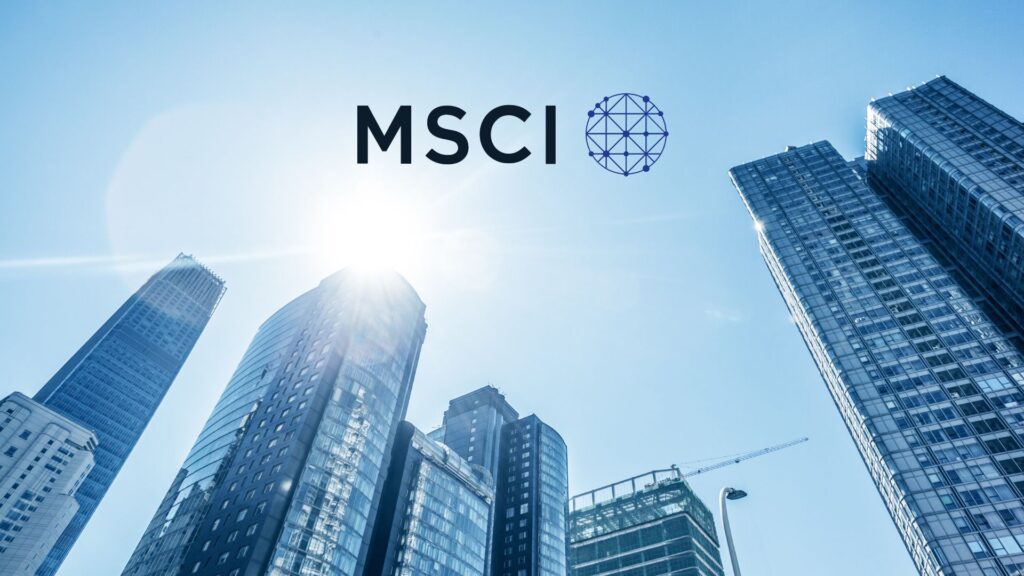Top-Scoring Companies in MSCI ESG Social Ratings Outperformed Low Scorers Globally Over 11 Years: MSCI

- Consistent Outperformance: Companies with top MSCI ESG social scores outperformed lower-scoring peers over 11 years.
- Human Capital Matters: Human capital proved the most relevant social theme, impacting 99% of companies.
- Regional and Thematic Strength: High scorers excelled across North America, Asia Pacific, and Europe, especially in human capital, product liability, and stakeholder opposition.
Outperformance Across Regions and Timeframes
Companies that scored highest on the social pillar in MSCI ESG Ratings have consistently outperformed their lower-scoring peers over the past 11 years. This phenomenon was observed across North America, Asia Pacific, and Europe, with companies rated highly on financially material social risks showing notable outperformance.
Companies that MSCI rated highly on financially material social risks consistently outperformed lower-rated peers highlights the MSCI report. This trend, spanning multiple regions and timeframes, underscores the long-term benefits of strong social governance.
To ensure accurate comparisons, MSCI’s methodology involved creating monthly quintiles based on social scores, adjusted for size and sector. This approach revealed a consistent cumulative outperformance for top social scorers from December 31, 2012, to March 29, 2024.
Spotlight on Social Themes
Among the social themes assessed, human capital emerged as the most impactful, relevant to 99% of MSCI ACWI Index companies. This highlights the universal importance of employee-related metrics such as turnover and satisfaction.
Human capital’s universal relevance underscores its critical role in corporate performance notes the MSCI report. Beyond human capital, product liability and stakeholder opposition also showed significant performance gaps between top and bottom quintiles. Product liability was relevant for 64% of companies, while stakeholder opposition impacted 13%.
Social opportunities, although less impactful, still highlighted potential financial rewards for companies with positive social impacts. The data used in these assessments varied by theme, ensuring tailored analysis for relevant risks.
Related Article: Audi Tops ESG Ratings Among Car Manufacturers with Industry-Leading Score from ISS ESG
Strategic Implications for Investors
Analyzing social risks presents unique challenges. Unlike climate metrics, social risks lack a unifying measure, requiring investors to navigate diverse and specific data points. MSCI’s model addresses this by grouping social issues into human capital, product liability, stakeholder opposition, and social opportunities, each with tailored assessments.
Focusing on relevant social risks and opportunities can provide valuable insights emphasizes MSCI. The consistent performance of social-pillar leaders relative to laggards underscores the value of integrating social metrics into equity analysis for long-term gains.
This comprehensive approach to evaluating social risks reinforces the importance of incorporating social datapoints into investment strategies, offering valuable insights and potential performance advantages for investors.












